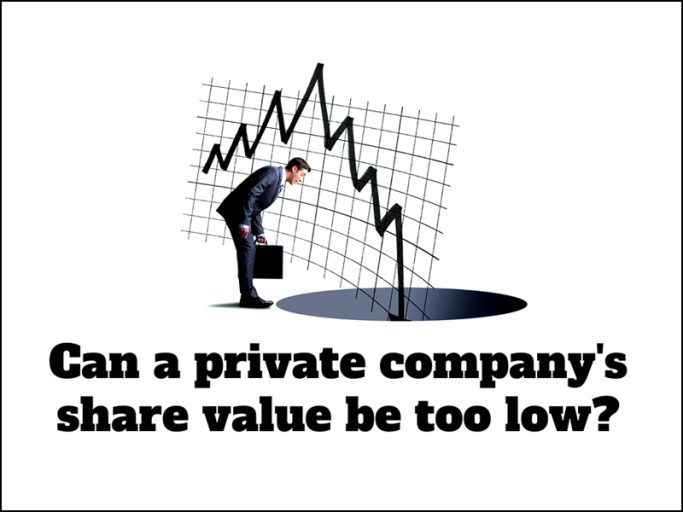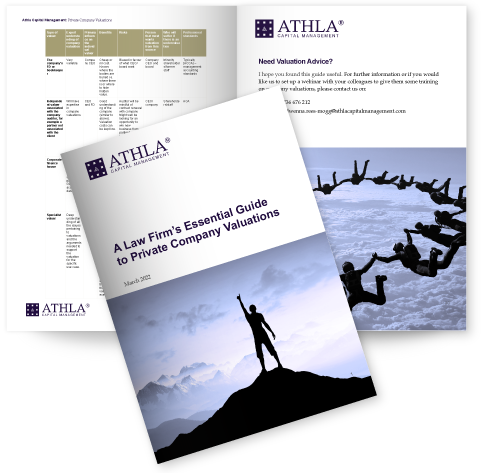Can a share value be too low?
October 11, 2022

Whilst there are occasions when a client wants a share valuation to be as high as possible, its far more usual for the purpose of a valuation to determine a minimum value.
Occasionally an entrepreneur asks us to value new shares at nil.
We always explain that the minimum value a share can have is its nominal value in the context of a transaction involving the company. Only ff the company has closed down will the value of the share will be nil.
Investors are of course free to transfer shares between themselves at nil value, but this does beg the question of why the transaction is taking place at all.
Surely if the shares have nil (or in one case we were told the investor thought the shares had negative value) there is little benefit to acquiring ownership of them?
For private transactions this does not matter, per se, but it’s worth bearing in mind that the tax man might pay special attention to a transaction of this nature if tax becomes an issue at a later date as they may be curious about whether the transaction was part of something wider around tax planning.
Macro-economic conditions are making everyone look harder at equity prices.
We hear a lot about a looming property crash and interest rates rising.
The quoted equity markets are weakening. So we are factoring these issues into company valuations where the company holds property or is indebted. Declining market multiples such as Price to Earnings ratios and their big brothers such as Price to Revenue and Price to EBITDA have a knock-on effect when we are valuing private company shares using these methodologies.
Pessimism about performance because of macro-economic conditions means taking a hard look at future cashflows as profit margins in more sectors come under pressure.
But this is the cycle and conditions will improve, so we have to be extra careful about long dated forecasts.
Inflation is affecting companies in different ways…
Although generally it is sensible to provide some level of impairment to value for inflation, there is the odd situation where the impact of inflation is less negative or even positive.
All these factors are reasons why a simple mathematical calculation is not enough for a share valuation – if you want it to stand up to external scrutiny.
It is essential to use both correct and current data to inform a valuation.
Backing a valuation up now with evidence and arguments, will save a lot of pain later, especially if an actual transaction that confirms a market price, is not going to take place imminently.
In the meantime if you know of a client who needs an independent valuation from a valuer that understands that the new normal means for private company shares, please get in touch.
Modwenna Rees-Mogg


